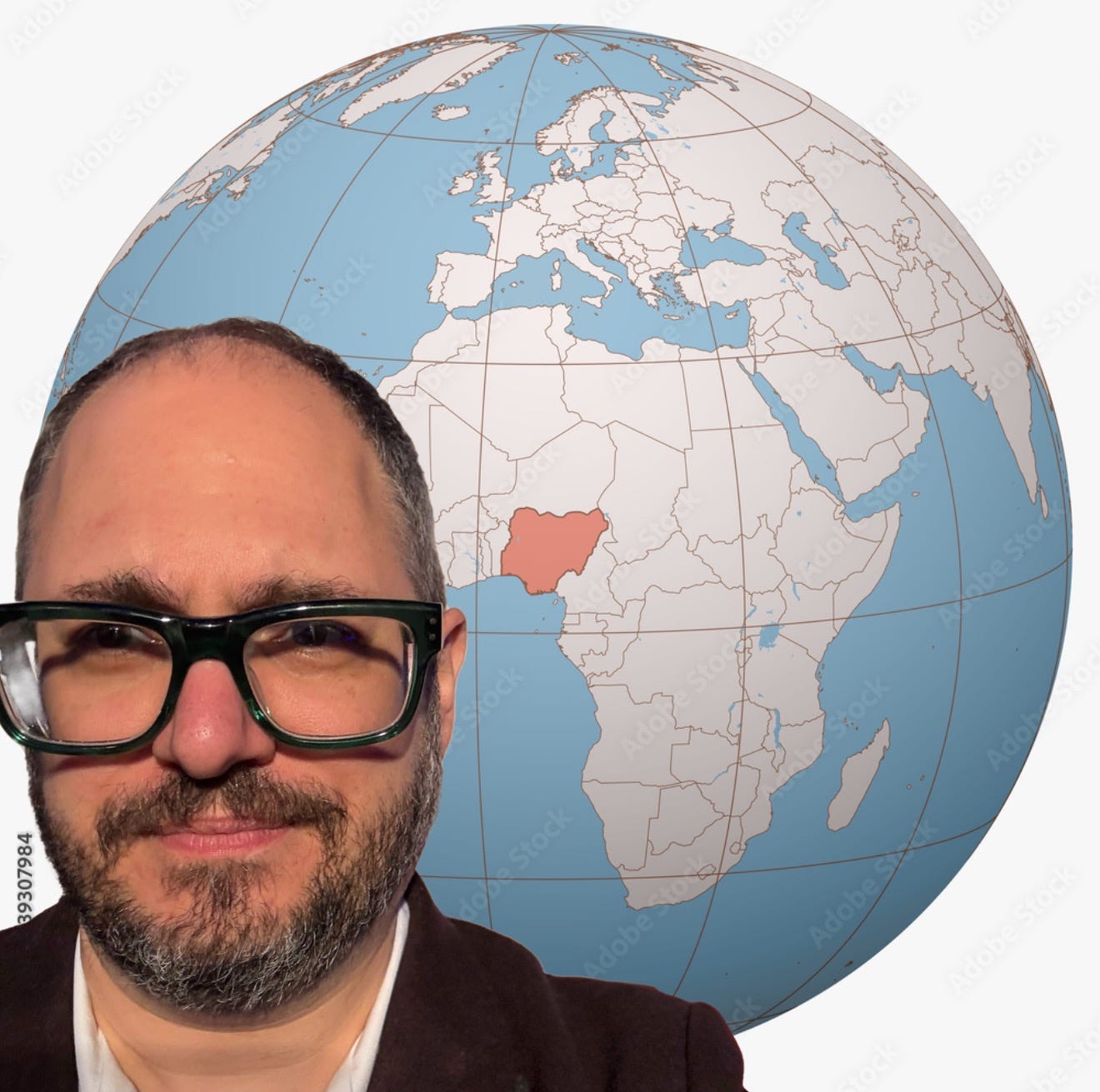I was invited, thanks to the magnificent and only-ever-positive internet, to give a lecture to colleagues in Nigeria. I’m kidding, a little—the internet can be rough. Ask a comment section of a YouTube video! However, it is also a technology that has brought the world closer together. One of those less absurd corners of the internet is LinkedIn—it’s like the world’s most boring dad and his boss decided to invite you to a global-scale compliance educational module. “So exciting, it’s mandatory!”
I am giving the internet a hard time. Sometimes it’s a special kind of magic. Like, for example, today. Imagine you are a progressive hospital system in Lagos, such as Gracehill Hospital. Yes, that is in Nigeria. It’s a progressive country, compared to the rest of the continent, but some of that progress is recent, as in 2023.
A new Mental Health law was recently enacted in Nigeria to replace the Lunacy Ordinance of 1958. The passage of the new law was a major leap from the old. It was received with excitement because the former law was not only outdated but failed to address core issues such as the promotion of mental health and the protection of the rights of the mentally ill.1
If you're looking to move your healthcare system into the future, you might want to consider finding speakers for your grand rounds. With Zoom, it’s easy to host hundreds of people. On LinkedIn, you can see professionals posting about what they are up to. And, if you're bold, you can simply ask one of those folks to speak. Which is what happened to me, and how I found myself drafting a lecture on Bipolar Disorder for an audience of Nigerian (and global—many people, both professionals, patients, and family members attend these seminars!).
Nigeria has an estimated 250 practicing psychiatrists for a population of over 220 million (WHO, 2023), amounting to roughly one psychiatrist per 880,000 people. I probably spoke to 1/4 of them yesterday.
There are substantial barriers to mental health care in Nigeria—much if it financial. According to the World Bank, Nigeria’s Gross National Income (GNI) per capita in 2023 was $2,460 USD. Fewer than 10% of Nigerians have health insurance. Those plans cost $250+ a year, but mental health parity doesn’t exist, and thus those services are only covered under yet more expensive plans.
To draw a direct comparison, Nigeria has 0.11 psychiatrists /100,000 population. This is similar to Kenya (0.2/100,000) but with 400% more money budgeted to address the care of the population. The US has 13/100,000 and spends about 6.2% of its health budget on mental health care.
The question, globally, is how to do more for our patients with less harm and at lower cost. One interventional treatment is considered essential—and its ECT. The WHO's keep an “essential medicines” list! Nigeria has access to ECT. Lithium is also an essential medicine. TMS is not on that list, yet. Maybe, I posit, it should be?
What follows in this podcast is the talk I gave. Thanks for reading— and listening. A huge shout out to my gracious hosts at GraceHill, and their Partners, who make this series possible!
If you are interested in the Validation Institute’s award for Best Mental Health Treatment in 2024, consider Radial. It’s where I work, and with locations across the US already, we are working to bring the most advanced mental health care to everyone — and make it accessible.
Akanni OO, Edozien LC. The New Nigerian Mental Health Act: A Huge Leap Before Looking Closely? Niger Med J. 2024 Feb 22;64(6):838-845. doi: 10.60787/nmj-64-6-351. PMID: 38979056; PMCID: PMC11227633.













Share this post